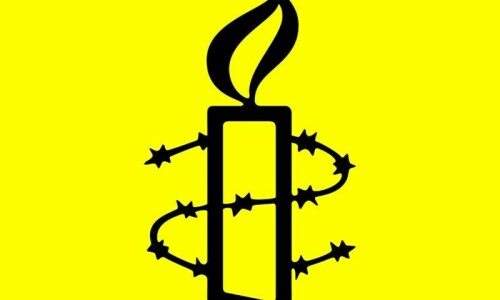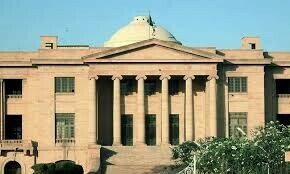 KARACHI: In the late 1940s, Irish writer and dramatist Samuel Beckett wrote a play titled En attendant Godot which he later translated into English and called it Waiting for Godot. The play came into theatres in the early 1950s, was translated into various languages, and was eventually voted as the most significant English-language play of the 20th century.
KARACHI: In the late 1940s, Irish writer and dramatist Samuel Beckett wrote a play titled En attendant Godot which he later translated into English and called it Waiting for Godot. The play came into theatres in the early 1950s, was translated into various languages, and was eventually voted as the most significant English-language play of the 20th century.
The play revolves around two characters, Estragon and Vladimir, who spend their day waiting for someone called Godot, who ultimately does not turn up, while they find ways to while away their time as they wait. Their wait is punctuated by random talks, arguments, fights, jokes and, at one point, they even contemplate suicide out of sheer desperation. This is a play which illustrates poignancy, oppression, camaraderie, hope, corruption, exploitation and bewilderment of human experiences, all of which lend themselves to both comedy and pathos.
More than half a century later, the theatre group Tehrik-i-Niswan has brought Beckett’s timeless classic to Karachi through their play, Insha ka intizaar. Based on the original, the plot in this play rarely deviates from the former, other than ‘localising’ certain aspects, which nevertheless are quite relevant to our present-day situation and lends the play a desi flavour.
Here, the central characters, Karam Din alias Karmu and Zulekha, are eagerly waiting for Insha, who had promised to meet them at a certain point. As the wait extends, they meet a couple of strangers, and their curious questions along with the latter’s entertaining, and at times insensitive stories, keep the couple distracted from their wait.
With very few characters, a starkly set stage, and a plot that relies more on dialogue than the plot itself, credit goes to director Anwer Jafri and the cast for keeping the audience engaged. Sheema Kermani as Zulekha and Salim Meraj as Karmu have executed their roles well, and the dialogue delivery remained spontaneous throughout the play, particularly Meraj’s. The soliloquy by Shama Askari, as Naseeban, a seemingly random yet an expressive and emotional torrent of words, deserves a special mention. Hafeez Ali as Mansha was equally convincing.
The play has been subtitled as a tragic comedy, and the comic element is more than evident, as the plot yo-yoes between comedy and despair. Dialogues sometimes call for reading between the lines, particularly when pun is intended at the current socio-political situation of Pakistan. Costumes, designed by Kermani, go with the flow as well, and compliment each character.
Insha ka instizaar will be staged from October 31 to November 2 at the Arts Council theatre.












































Dear visitor, the comments section is undergoing an overhaul and will return soon.